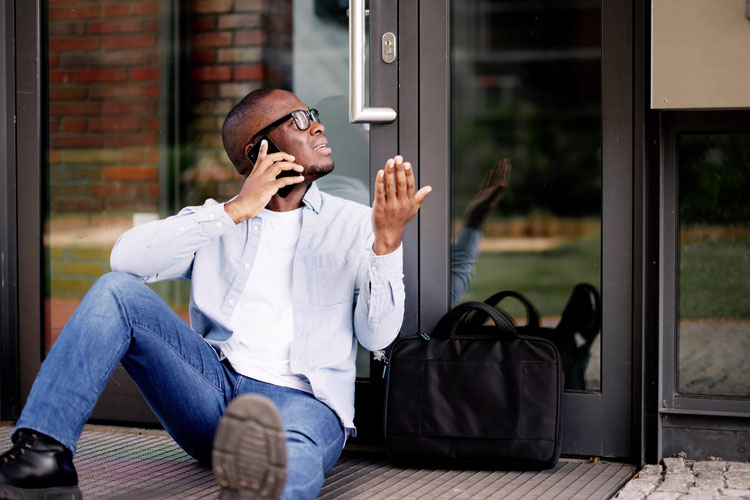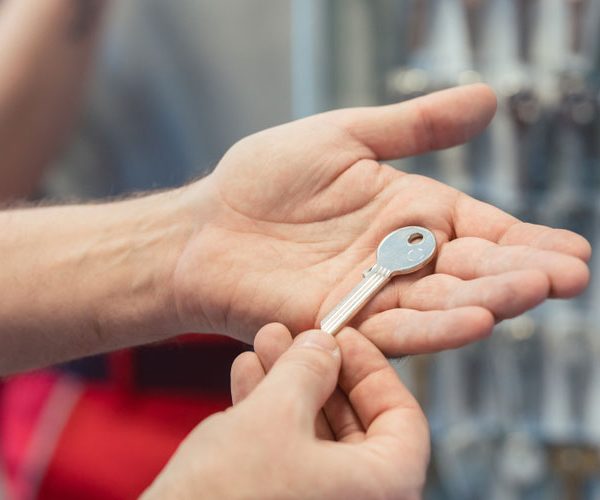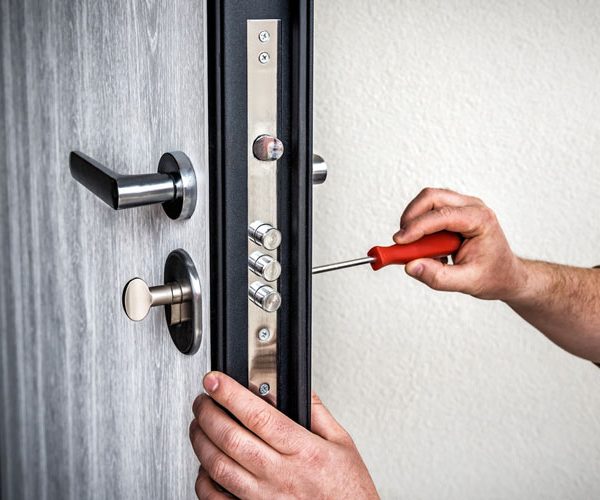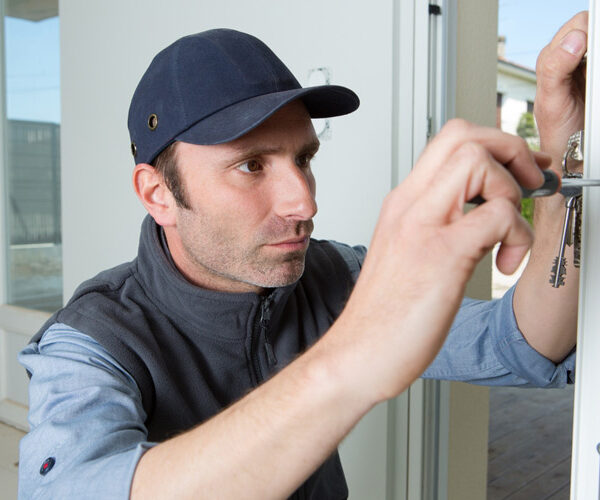Finding yourself locked out can be a frustrating and stressful experience. Whether it’s your home, car, or office, emergency lockouts can happen to anyone at any time. While it’s tempting to try and solve the problem yourself, there are specific actions to take—and avoid—to ensure your safety and prevent damage. Here’s a quick guide on what to do (and what not to do) during an emergency lockout.
1. Stay Calm and Assess the Situation
The first step is to stay calm. Panic often leads to rushed decisions that could make matters worse. Take a few moments to think about any alternative entry points you might have overlooked. For example, if you’re locked out of your home, a back door or a side window might still be accessible. However, if you’re dealing with a car lockout, check if any other doors may still be unlocked.
2. Avoid DIY Methods That Could Cause Damage
One common mistake during emergency lockouts is attempting to break in using makeshift tools. Not only can this damage the lock or door, but it can also compromise the security of your property. Using tools like coat hangers, credit cards, or paper clips may seem like a quick fix, but these methods can scratch or warp your lock mechanisms, ultimately leading to costly repairs or replacements.
3. Call a Trusted Locksmith for Immediate Assistance
When locked out, one of the best things you can do is contact a professional locksmith. A reputable locksmith can quickly resolve the issue, ensuring minimal damage and restoring your access without hassle. Many locksmiths offer 24/7 services for emergency lockouts, which means they can arrive promptly, no matter the time of day. Always verify the locksmith’s credentials to avoid scams and choose someone you can trust.
4. Have Identification Ready
Once the locksmith arrives, they may ask for proof that you have the right to access the property or vehicle. This might include an ID with an address matching the property or vehicle registration details. This step is important for ensuring the safety and security of your property during emergency lockouts and also helps the locksmith verify they’re providing access to the rightful owner.
5. Consider Preventive Measures for the Future
After the lockout is resolved, it’s wise to take preventive measures to avoid similar situations in the future. A spare key, a lockbox, or even a smart lock system can save you time and stress. Many people also consider giving a trusted friend or family member a spare key in case of emergency lockouts.
Emergency Lockouts: What Not to Do
Avoid damaging your property or trying extreme measures like breaking windows to gain entry. Though it may seem quick, these solutions can result in high repair costs. Additionally, be cautious when choosing a locksmith. Unlicensed providers may take advantage of emergency situations, charging inflated rates or providing poor-quality services. Relying on a trusted locksmith helps ensure your lockout is handled professionally and safely.
In the end, the key to handling emergency lockouts is to stay calm, avoid DIY solutions that can cause damage, and contact a reputable locksmith who can provide quick assistance. Emergency lockouts are inconvenient, but with the right approach, they can be resolved efficiently without unnecessary risks or expenses. By following these steps, you’ll be better prepared if you ever face an emergency lockout again. Call 954-480-1843




